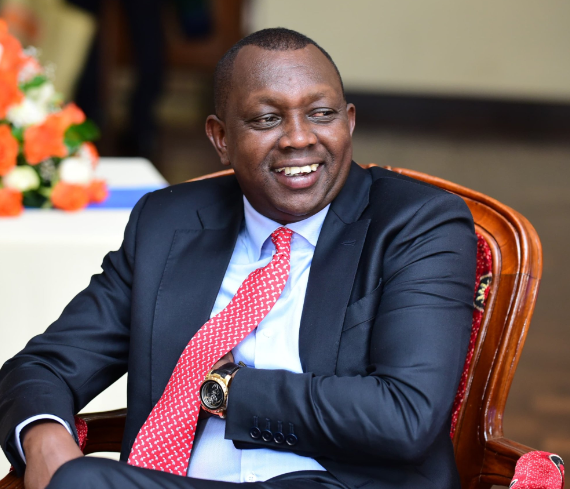Teacher training key factor in education reforms

The design and implementation of the metrics deployed to gauge teaching and learning effectiveness as gleaned from the Presidential Working Party on Education Reform (PWPER) will be interesting for educators and industry.
A quick read shows the tools leave the policy makers who are the real enablers safe while targeting the frontline practice deliverers regardless of whether the registered performance is in their control or not.
Our performance appraisal system focuses more on objects — classroom, textbooks, lessons delivered other than what children are doing and learning while in school and in the classroom.
The current system lacks effectiveness since too much data and information is collected and obtained in a format that is not very useful for decision making.
This situation is made worse by decision makers not actively engaging in the tool improvement processes and therefore lack a direct connection with the frustrations the lower cadre employees who collect the data and use the tools have to go through.
The data collection and processing phases are in a cycle that fails to deliver feedback to schools and when effort is made, it is too late and schools have to move to the next level or cycle of data collection.
The tempo and vigour in the reform process in Kenya has not been sustained because the leadership in the sector has failed to develop an engagement framework to eliminate the rampant cases of engaging with stakeholders and end users through a scattered approach that incrementally steps down on issues that a section of the players may not be comfortable with.
The questions we need to keep asking ourselves are: Are we measuring learning using the right tools and in the right way?
The protests by the teacher unions and the muted voices of individual teachers are not unfounded and need to be dealt with in context. The unions should use their numbers by exerting pressure on the Ministry of Education, Kenya National Examination Council (KNEC) and the Teachers Service Commission (TSC) to drop some of the otherwise non-progressive changes. Life Skills baseline and assessment tools will be a game changer in moving the sector to the next level.
The suggestion by the TSC that teacher career progression and promotions are going to be pegged on the acquisition of a particular skills set and knowledge is not only laudable and the way to go but the proposal needs to be refined and be defined properly through working closely with Kenya Institute of Curriculum Development (KICD) and other partners.
The ministry of Education and TSC need to coordinate further to help alleviate the administrative load on the shoulders of headteachers to help them set aside time to support teachers and have time to structure professional development plans for those who need support.
Further, TSC needs to develop a deliberate feedback loop for the appraisers and the appraisees to give feedback not only on their professional development but also the frequency of appraisal and the quality of tools put to use.
We need to ensure that teacher training colleges set aside time to prepare the teachers on the exigencies of the profession and what they will be appraised on. This can be rolled out during teaching practice to ensure all trainees are in the groove and ready to roll.
The framework to improve teacher quality is well grounded and what we need is give teacher trainees time to have a feel of the tools they will use to collect data and obtain their feedback.
We need to move the reform impetus from the learners to the teacher training colleges where a new crop of teachers need to be produced. Quality teachers will lead a quality world class education system.
We need proper capacity and tools to assess these transversal skills: communication, teamwork, adaptability, critical thinking, problem-solving, creativity, leadership, and emotional intelligence. These skills are not specific to any particular job or industry, but are valued by employers and communities across the world.
—The writer is education and public policy expert at Tathmini Consulting —wesayamaina@tathminiconsulting.com












